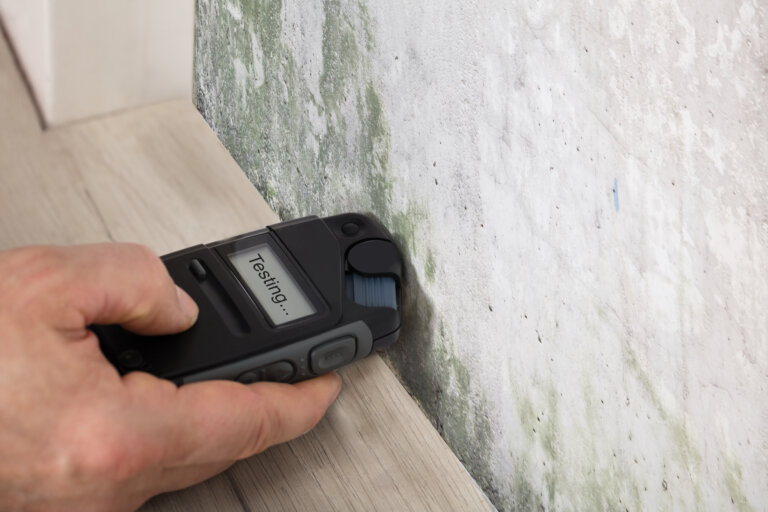Landlords in San Diego have certain responsibilities when it comes to addressing mold and water damage in their rental properties. Failure to properly address these issues can lead to serious health problems for tenants, as well as legal liabilities for landlords. In this article, we’ll explore the specific responsibilities that landlords have under California law, and what tenants can do if their landlord fails to meet these responsibilities.
Landlord Responsibilities for Mold
Under California law, landlords are required to maintain their rental properties in a safe and habitable condition. This includes addressing any mold issues that may arise. Mold can grow quickly in damp environments, and can cause a variety of health problems, especially in individuals with compromised immune systems. Some of the health effects of mold exposure include:
- Respiratory problems such as coughing, wheezing, and shortness of breath
- Irritation of the eyes, nose, and throat
- Headaches and dizziness
- Fatigue and weakness
- Skin rashes and hives
- Neurological symptoms such as memory loss and mood swings
Landlords have a responsibility to prevent mold growth by ensuring that their properties are properly ventilated and that any leaks or water damage are promptly addressed. If a tenant reports mold, the landlord must investigate the issue and take steps to remediate it.
In San Diego, landlords are also required to provide tenants with a written notice about mold. This notice must include information about the health effects of mold, how to prevent mold growth, and what to do if mold is discovered in the rental property.
Landlord Responsibilities for Water Damage
Water damage is a common problem in San Diego, where heavy rains and floods can cause extensive damage to rental properties. Landlords have a responsibility to address water damage promptly to prevent mold growth and other health problems.
If a tenant reports water damage, the landlord must investigate the issue and take steps to fix it. This may include repairing any leaks or water damage, and ensuring that the property is properly ventilated to prevent mold growth. Landlords must also take steps to prevent future water damage, such as by ensuring that the property is properly waterproofed.
Legal Remedies for Tenants
If a landlord fails to address mold or water damage in a timely manner, tenants may have legal remedies available to them under California law. This may include suing the landlord for breach of the implied warranty of habitability, which requires landlords to provide a safe and habitable living environment. Tenants may also be able to withhold rent or make repairs themselves and deduct the cost from their rent.
However, tenants must be careful when taking these actions, as they must follow specific procedures under California law to do so legally. For example, tenants must provide the landlord with written notice of the problem and give the landlord a reasonable amount of time to address it before taking legal action.
Conclusion
Landlords in San Diego have a responsibility to maintain their rental properties in a safe and habitable condition, including addressing any mold or water damage issues. Tenants have a right to a safe and habitable living environment, and can take legal action if their landlord fails to meet these responsibilities. By understanding the legal responsibilities of landlords and tenants, both parties can work together to prevent mold and water damage, and ensure that rental properties are safe and habitable for all.


